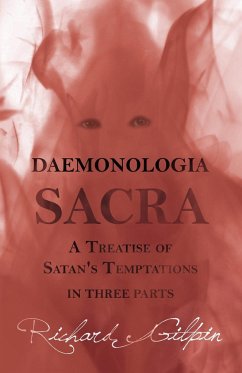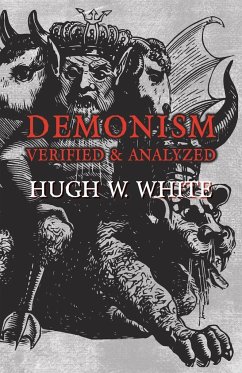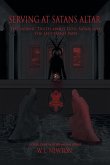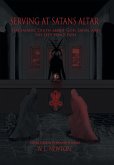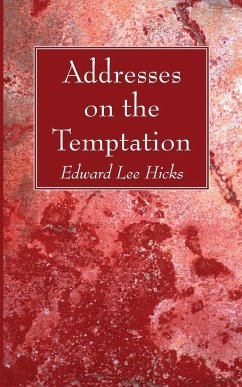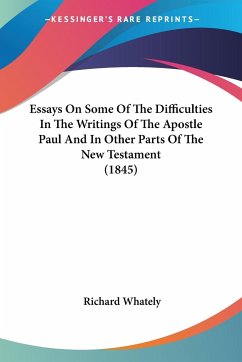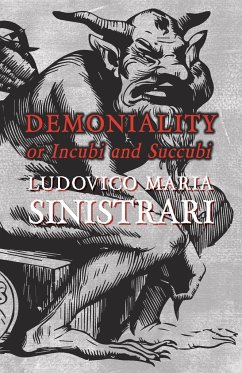This is Richard Gilpin's 1867 work, "Daemonologia Sacra". It is an interesting and extensive treatise on Satan, exploring his nature, agency, power, malice, etc. "Daemonologia Sacra" will appeal to those with an interest in demonology and the concept of Satan, and it would make for a worthy addition to collections of allied literature. Richard Gilpin M.D. (1625-1700) was an English nonconformist minister and physician. Contents include: "Prefatory Note", "Memoir of Dr Gilpin", "Daemonologia Sacra", "The Introduction to the Text, from a Consideration of the Desperate ruin of the Souls of Men", "The Text opened, Expressing Satan's Malice, Power, Cruelty, and Diligence", "Of the Malice of Satan in Particular", "The Grounds and Causes of the Malice", etc. Many vintage books such as this are becoming increasingly scarce and expensive. We are republishing this volume now in an affordable, modern, high-quality edition complete the original text and artwork.
Hinweis: Dieser Artikel kann nur an eine deutsche Lieferadresse ausgeliefert werden.
Hinweis: Dieser Artikel kann nur an eine deutsche Lieferadresse ausgeliefert werden.

